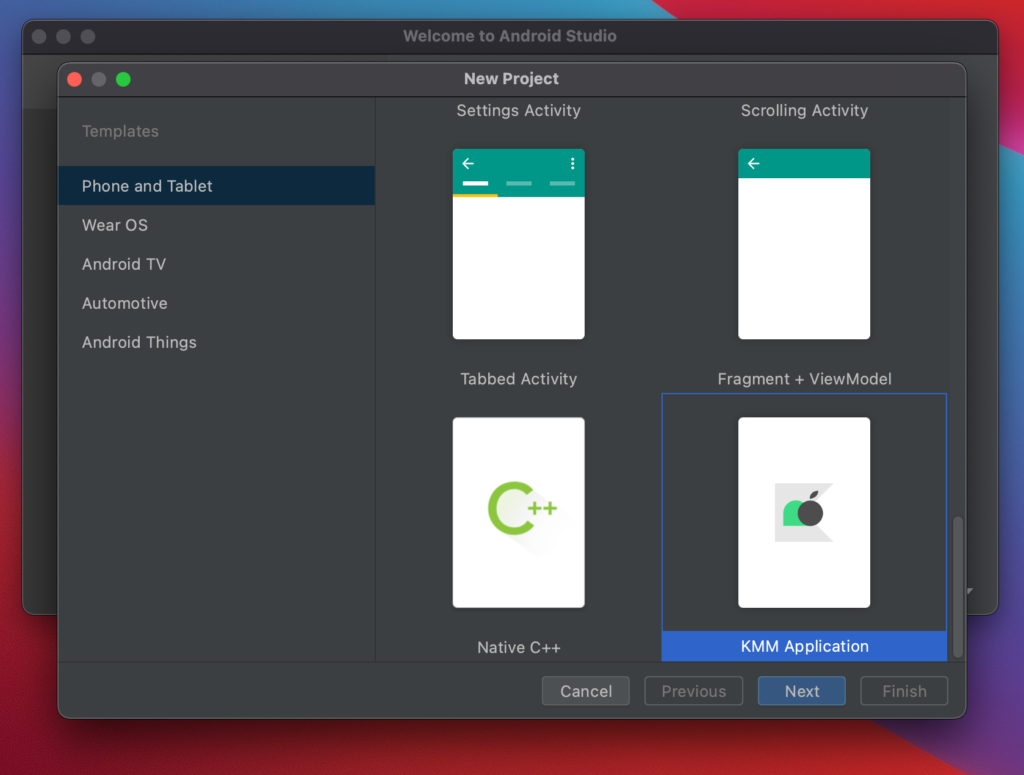

We would like a single source of truth for easy maintenance.We would like statically typed resources, similar to R in Android and R.swift in iOS, so we can catch errors at compile time.We had some requirements to keep in mind: To come up with a solution to our problem we first had a little brainstorm session to check our options. This would also mean, ideally, that we would have statically typed tags instead of magic strings to catch errors on compile time. We want to maintain this list in one place efficiently and in a way we can potentially reuse it for different projects. These tags (which are just strings) should be the same on both platforms. We have two native apps with a requirement to send analytics tags. Feel free to clone and play with it here. I have setup a project as an example for you to have alongside this guide. It is also assumed you have knowledge about the Command Line Interface (CLI) and Git. Check the Resources on the bottom for documentation on how to start with coding.įurthermore, this guide assumes you have knowledge about how CocoaPods works and what it consists of. There is enough documentation about how to code a library, but there is not much documentation about configuring the project properly. In this case to have to manage these analytics tags in two places, so instead of going the easy way to make a list of strings in Android and a list of strings in iOS, we spend 3 days figuring out and developing a multiplatform statically typed library. Now, since we are programmers, we don’t like to do things twice. This way the client can see user flows and user interaction with the app, which can be used to improve user experience. The client wanted us to implement an analytics library which will send tags to a dashboard. Table of contentsĪt our company we are working on an app for a client which is native Android and native iOS. At time of writing this, this is not properly supported yet by Kotlin Multiplatform Mobile. jar and iOS CocoaPod using Kotlin Multiplatform Mobile, host it in a private repository and making it proper maintainable. This post is about how we managed to create a usable Android. Guide: Creating a CocoaPod using Kotlin Multiplatform Mobile library


 0 kommentar(er)
0 kommentar(er)
